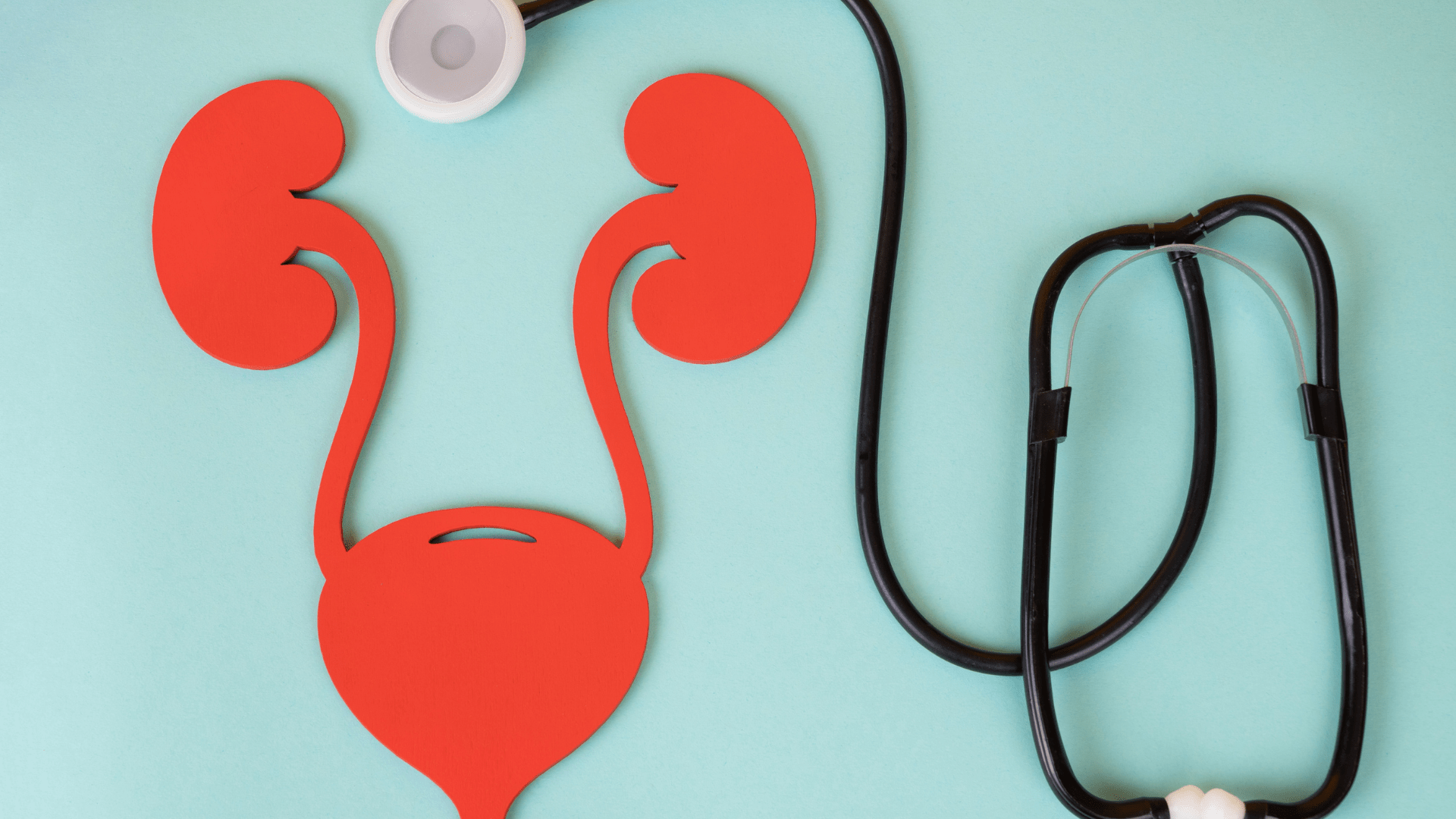You know that feeling when everything feels off. Your emotions are on a wild rollercoaster ride, you feel tired all the time, your period seems to be playing hide and seek with you, and your skin seems to be staging a teenage rebellion even though you’ve left that age years ago. It might feel like the world is against you, but it could just be your hormones.
Here’s how to know when your hormones are doing their normal thing, when they are not, and when you should actually see a specialist.
The Hormones Rollercoaster
Hormones are powerful chemical messengers that regulate everything in your body — your mood, sleep, skin, sex drive, energy levels, metabolism, and of course, your menstrual cycle.
They rise and fall naturally at different stages of your life, from puberty to pregnancy, postpartum, perimenopause, and menopause. This rise and fall is normal. What is not normal is when something or conditions mess with that rhythm. Some of these conditions include:
- Polycystic Ovary Syndrome (PCOS)
- Thyroid disorders
- Lifestyle factors like stress, poor diet, lack of sleep, or extreme exercise.
- Medications like birth control, steroids, or some antidepressants.
- Some chronic medical conditions, like autoimmune disease or tumours that interfere with some glands that produce these hormones.
When any of these factors affect your hormonal balance, your body sort of goes rogue and misses its usual cues.
Signs You Might Have Hormonal Imbalance
- Irregular periods: If your period likes to ghost you for months or shows up whenever it feels like, it might be a sign of thyroid issues, PCOS, or even early menopause.
- Unexplained weight gain or loss: If your weight keeps shifting dramatically, despite no changes to your diet or exercise schedule, then your thyroid could be behind it. Low thyroid hormones (hypothyroidism) slow your metabolism, while too much thyroid hormone (hyperthyroidism) can speed it up too much.
- Persistent fatigue: If you experience a deep, bone-level kind of tiredness, despite sleeping well at night, this could be linked to thyroid imbalance, cortisol issues (your stress hormone), or even low sex hormones.
- Skin and hair changes: Hormonal acne (especially around the jawline and chin), losing hair, or growing hair on your chin, can be caused by high androgens like testosterone, usually in women with PCOS.
- Mood swings or anxiety: If your emotions are all over the place, it might not just be “in your head.” Sudden dips in oestrogen and progesterone can affect your mood and make you feel more irritable.
- Infertility: If you’ve been trying to conceive for a while without success, hormonal imbalances could be disrupting ovulation or the menstrual cycle itself.
What Specialist Do You Need to See?
If you ticked any, some, or all of the boxes above, then it’s time for you to speak to a specialist. Here’s a quick guide to help you know the kind of specialist to speak to:
- Gynaecologist: If your symptoms are related to your cycle – irregular periods, painful periods, PMS that feels out of control, PCOS, or menopause, then you can speak to a gynaecologist.
- Endocrinologist: These are the hormone detectives. They deal with thyroid, adrenal, insulin, and pituitary issues – basically any hormonal imbalance that affects your metabolism, growth, or energy levels.
- Fertility specialist: If you have been trying to conceive without success, then a fertility doctor or reproductive endocrinologist can help you figure out what is going on.
- Psychologist: If you experience depression, anxiety, or mood swings around your cycle, then talking to a licensed mental health physician like a psychologist or psychiatrist, can help you feel like yourself again.
You can speak with any of these specialists here, or you can speak with a general practitioner here if you’re still lost and need help knowing who you need to be referred to.
Final Thoughts
Your hormones are not out to get you. Yes, when they’re in sync, you feel like you: energised, emotionally balanced, and strong. But when they’re not, your body starts whispering (or yelling) that something’s wrong.
Don’t ignore those whispers. You don’t have to guess or just power through. You can speak to our different Fertitude specialists here to help you get the help that you need.





